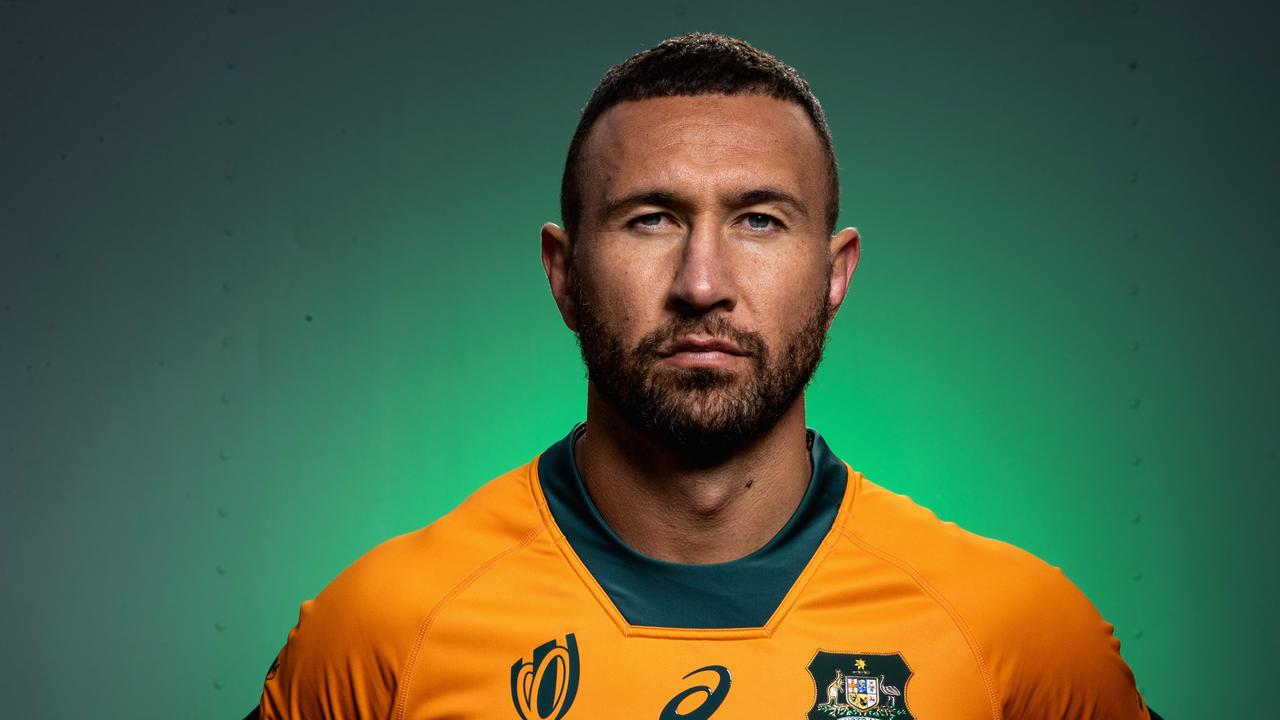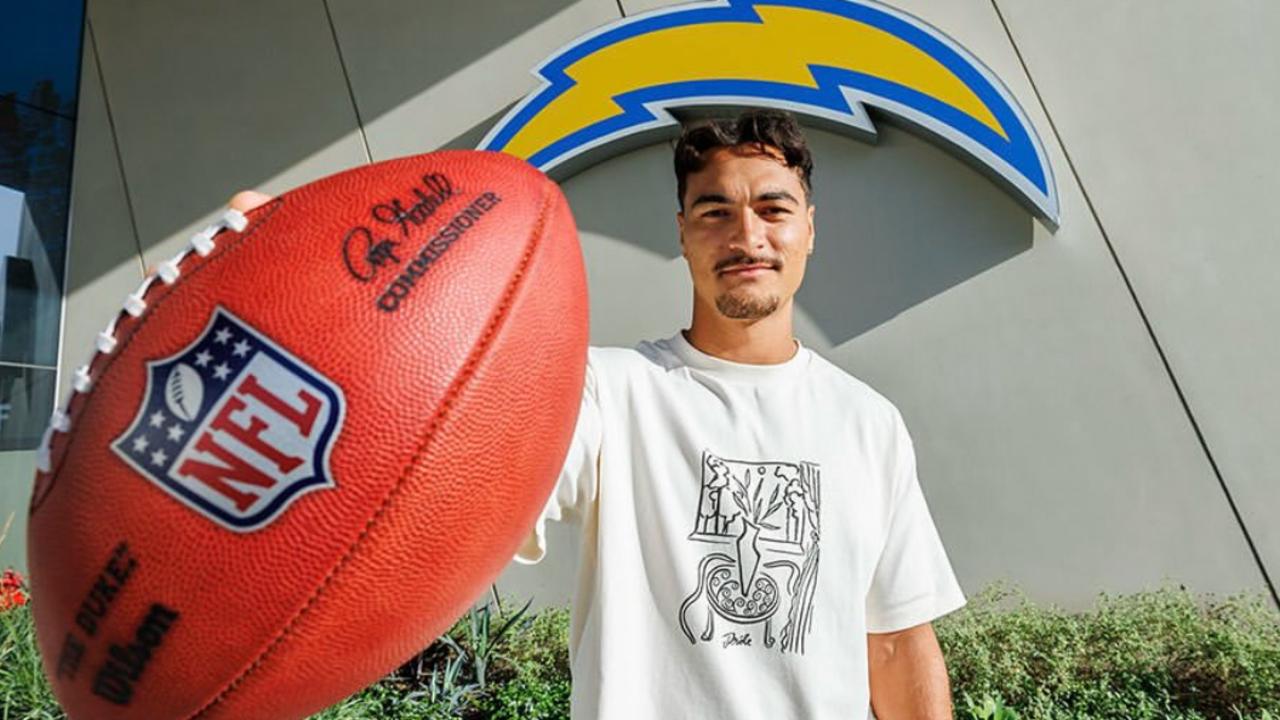Halftime branding potshot at President
This year, something else came to Houston’s NRG Stadium along with the New England Patriots — politics.

Every year, the Super Bowl is the biggest event on US television, which practically makes it the biggest event in the entire US.
For the past seven years it has attracted an annual audience of more than 100 million viewers in the US alone. Apart from the actual sport, this year’s four-hour marathon on the Fox network (and Channel Seven locally) was an unrivalled entertainment and brand platform, where the commercials gained massive news coverage. But this year, something else came to Houston’s NRG Stadium along with the New England Patriots and the Atlanta Falcons — politics.
The most blatantly political ads in living memory came from major corporations making statements unavoidably viewed through the prism of US President Donald Trump, not just a noted fan of the victorious New England Patriots, but friends with their owner, manager and star quarterback Tom Brady.
Lady Gaga provided a memorable halftime spectacle, dazzling over 13 minutes with a megamix of her dancefloor anthems with themes of inclusion and unity. But the messaging seemed tame compared with corporate America’s offerings.
Audi showed a commercial promoting equal pay and was immediately slapped down for lacking any women on its board.
Budweiser beer told the story of the company’s immigrant co-founder Adolphus Busch, while Airbnb’s “We Accept” spot was a pretty obvious comment on Trump’s immigration policies.
Not everyone was impressed. “I actually paid attention to the game this year. That's how bad the ads were,” tweeted Ask Wappling, who runs adland.tv, the world’s largest repository of Super Bowl commercials. “Not even a single thing can just be non-political. Depressing.” she commented.
“Definitely the most political Super Bowl I can recall,” Ari Halper, chief creative officer of advertising agency FCB New York told The New York Post. “I mean sure, sometimes during election years they theme things politically, but nothing like this. Nothing ever so overt.”
Regardless, the game was expected to attracted a record advertising spend of $US385 million ($502m), with brands spending an average of $US5 million on a standard 30-second spot.
In Australia, Seven expects daytime ratings will comfortably exceed last year’s combined 536,000 metro and regional viewers, proof its five-year investment is paying off.



To join the conversation, please log in. Don't have an account? Register
Join the conversation, you are commenting as Logout